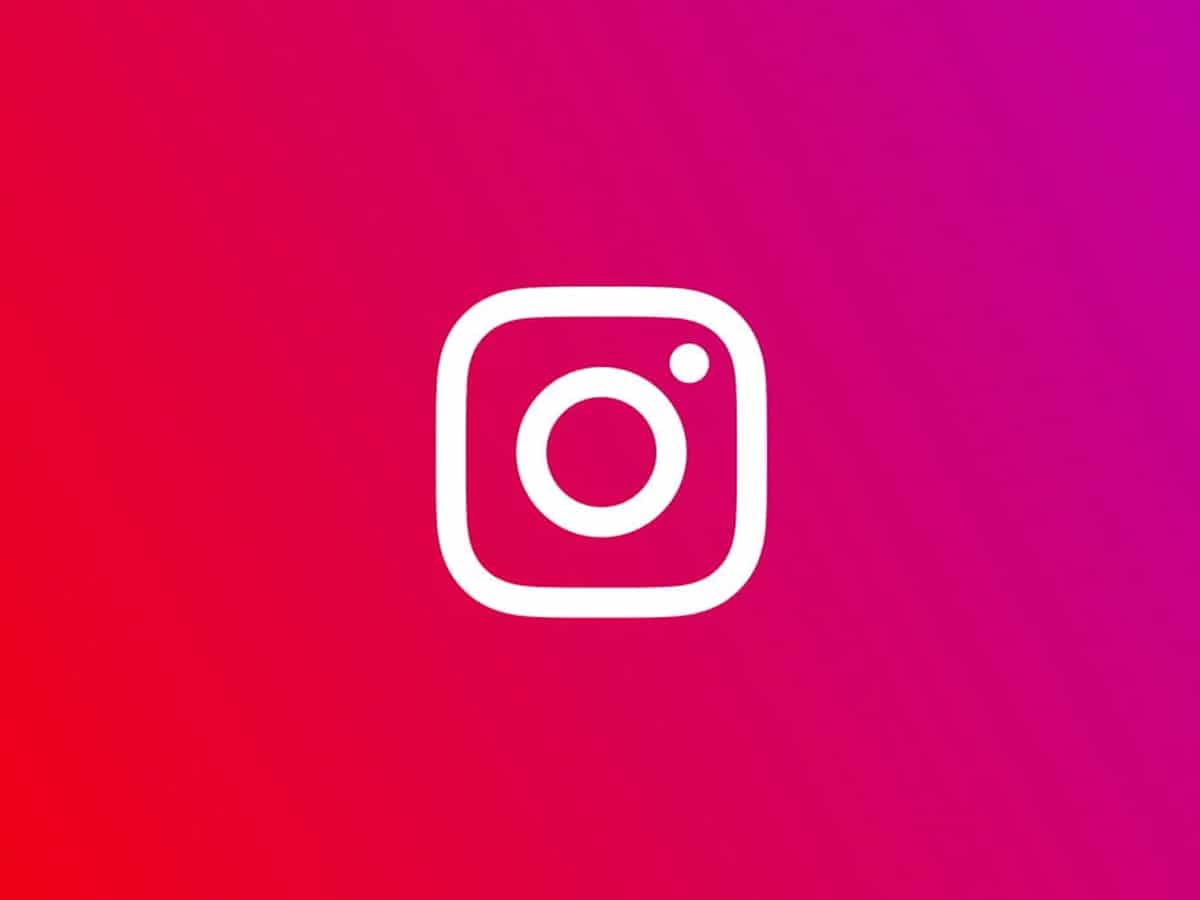
New Delhi: Russia on Monday blocked Instagram for nearly 80 million users in the country, after its parent company Meta allowed posts with calls for violence against Russian soldiers and President Vladimir Putin on Facebook and Instagram in some countries.
The social media platform was inaccessible for the vast majority of the country’s population, according to internet monitoring service GlobalCheck.
Russian influencers on Instagram posted farewell messages to their followers, asking them to follow them on other social media platforms, or download VPN (virtual private network) software to bypass the ban.
Instagram has also provided a platform for Russians to speak out against the war, including wealthy oligarchs and their families, reports The Verge.
Last week, the Russian government’s communication agency had announced that it would block Instagram in Russia beginning March 14.
Instagram Head Adam Mosseri said that over 80 per cent of people in Russia on Instagram follow accounts from outside of Russia.
“The situation is terrifying. We’re trying to do all we can to help keep people safe. We’ve made encrypted chats available to everyone in Ukraine and Russia. We’ve encouraged everyone in the region to make their accounts private,” he had said in a video message.
As Russia considered designating Meta as an extremist organisation for applying its policies to speech in the context of Vladimir Putin’s invasion of Ukraine, the social network said that its decision was taken in “extraordinary and unprecedented circumstances”.
In a rare move, Meta allowed posts with violent speech towards Russian soldiers on Facebook and Instagram in specific countries, including calls for harm or even death of President Putin or Belarusian President Alexander Lukashenko.
Nick Clegg, President of Global Affairs at Meta, had said last week that their policies are focused on protecting people’s rights to speech as an expression of self-defence in reaction to a military invasion of their country.
“The fact is, if we applied our standard content policies without any adjustments, we would now be removing content from ordinary Ukrainians expressing their resistance and fury at the invading military forces, which would rightly be viewed as unacceptable,” he argued.



